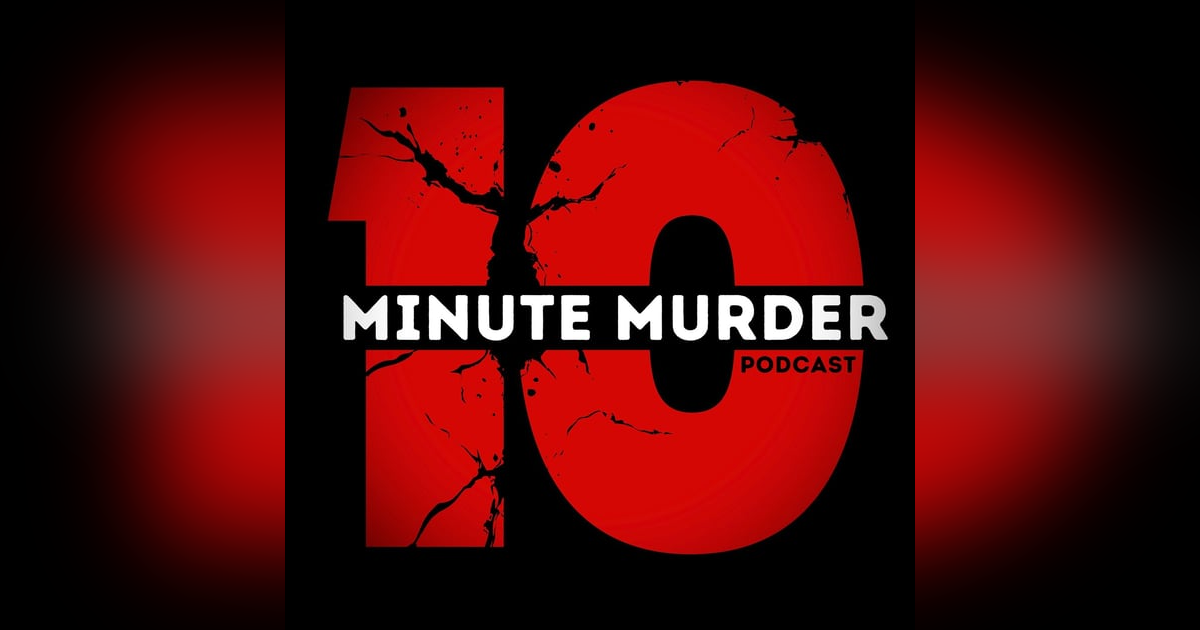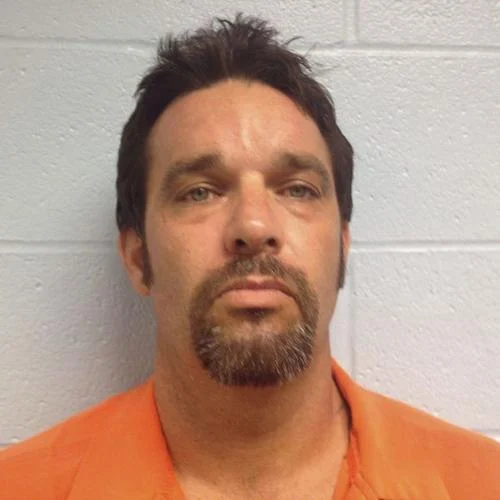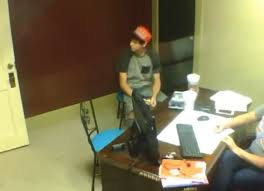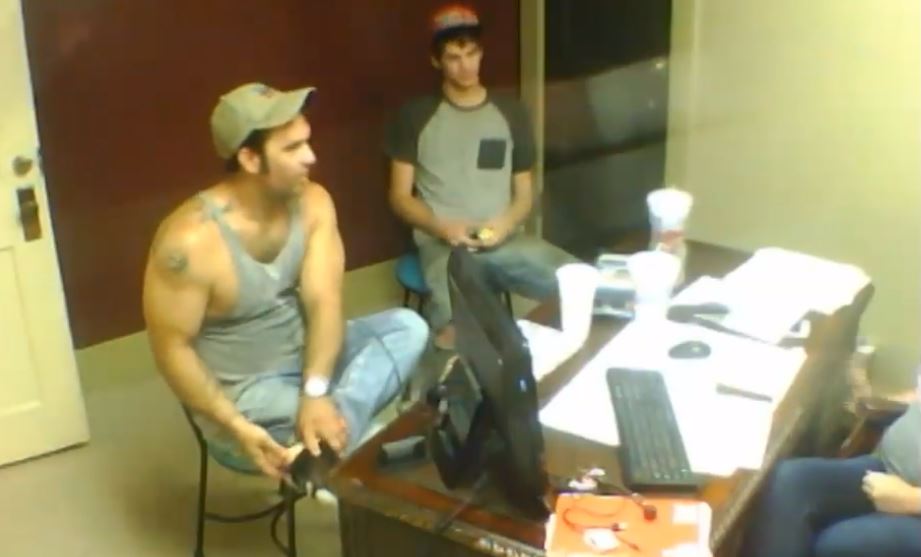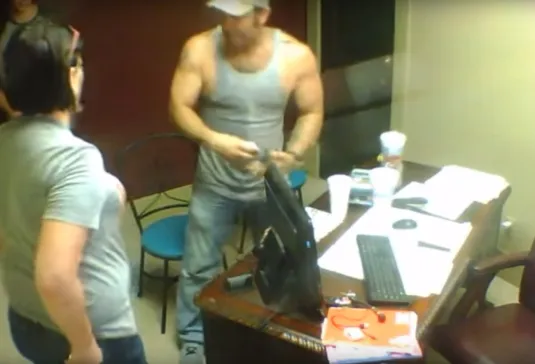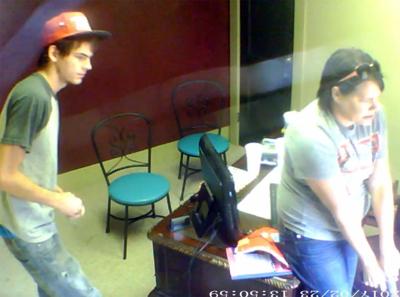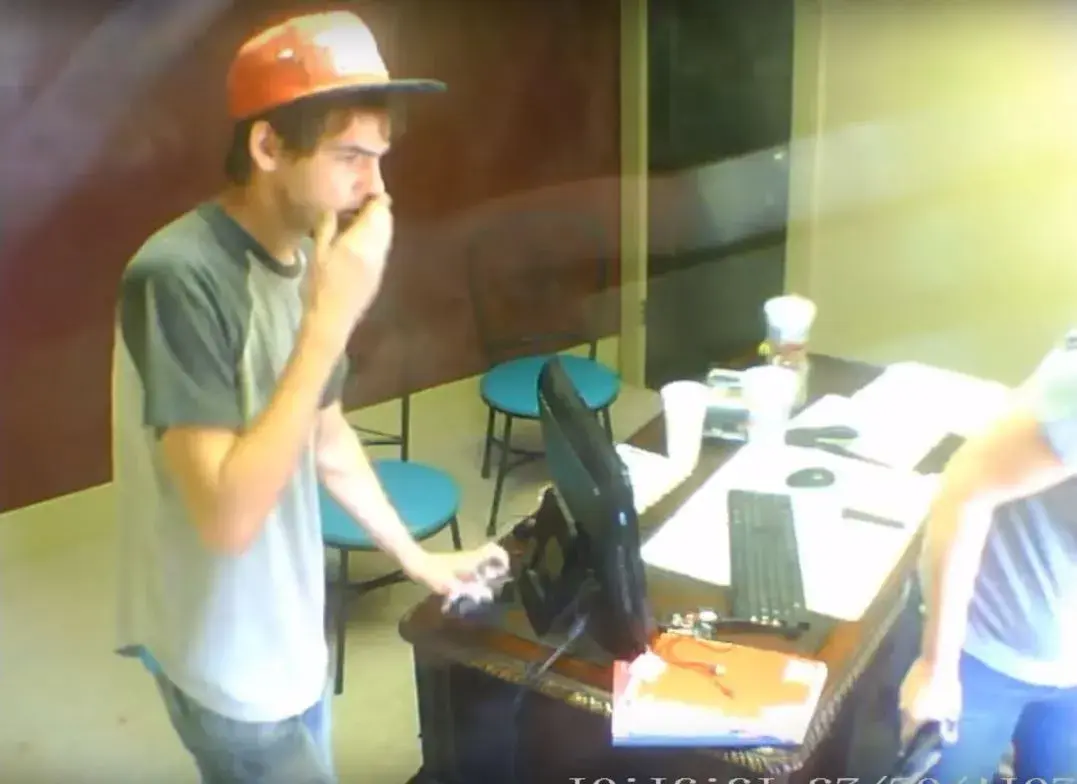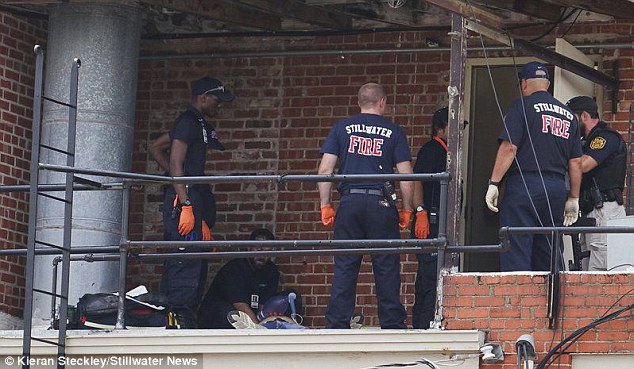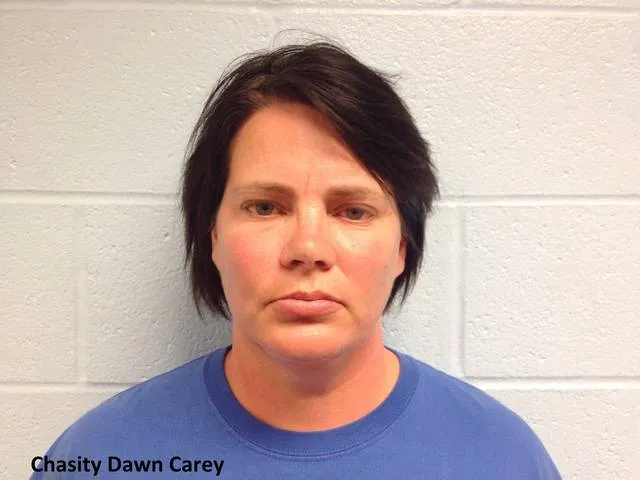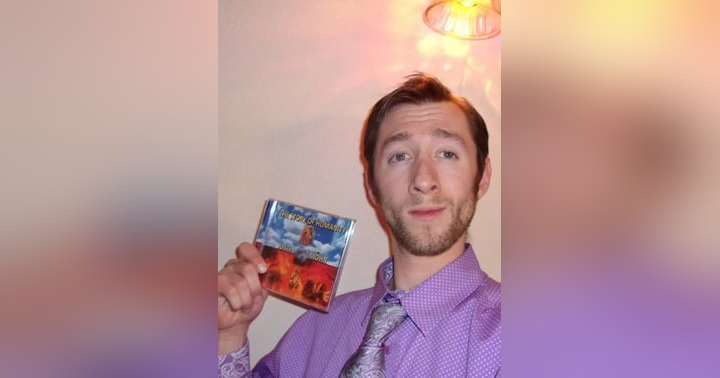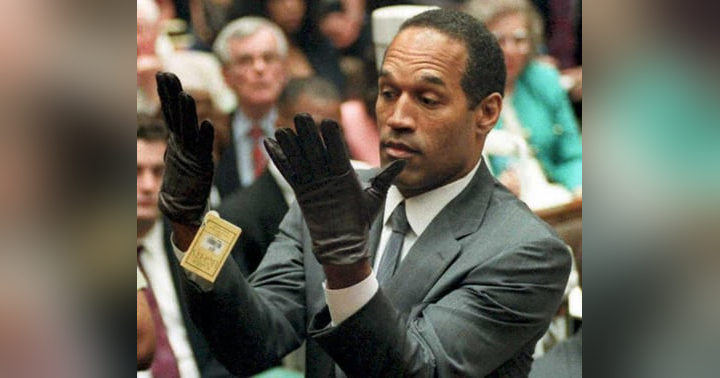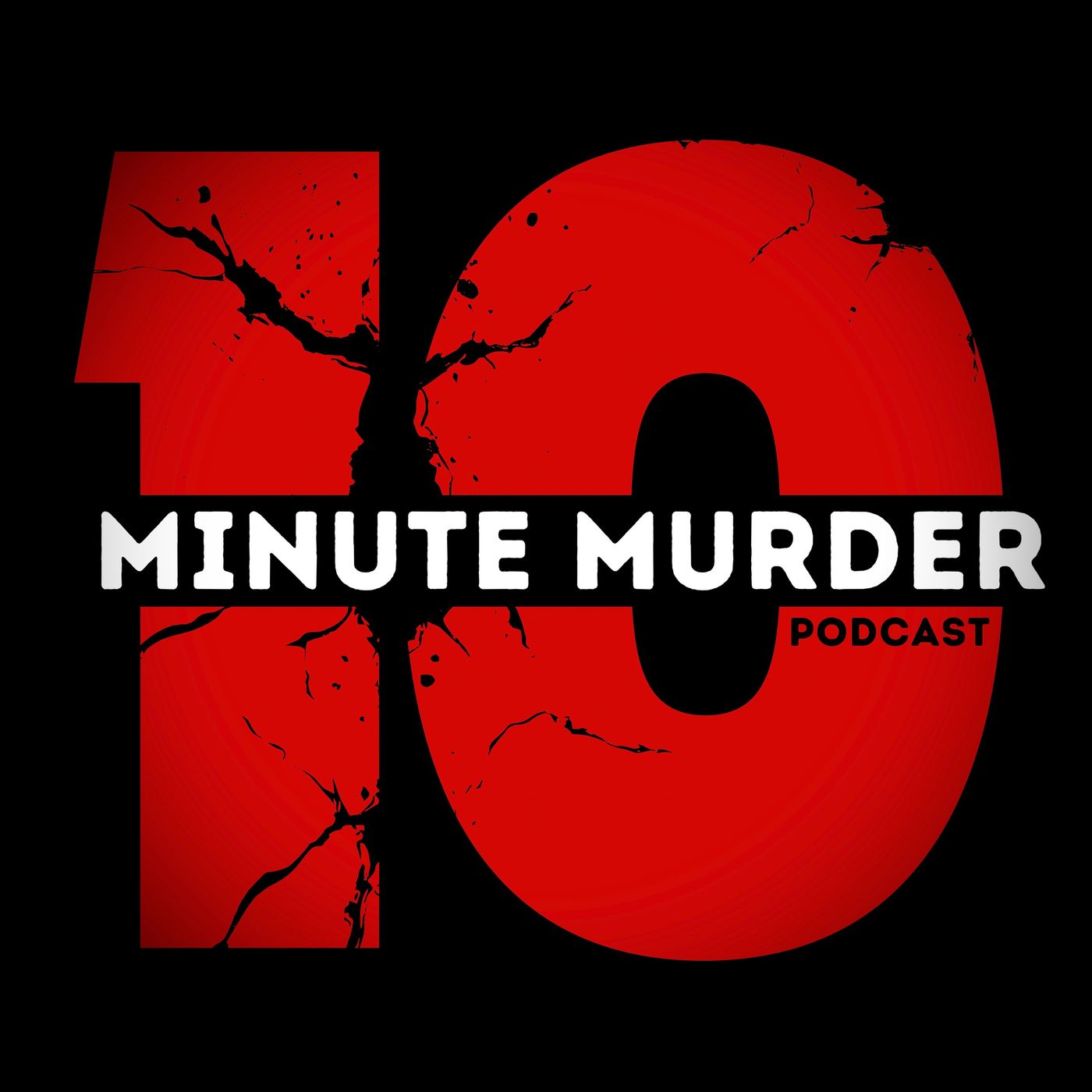Self-Defense or Murder? The Stillwater Bail Bonds Office Shooting
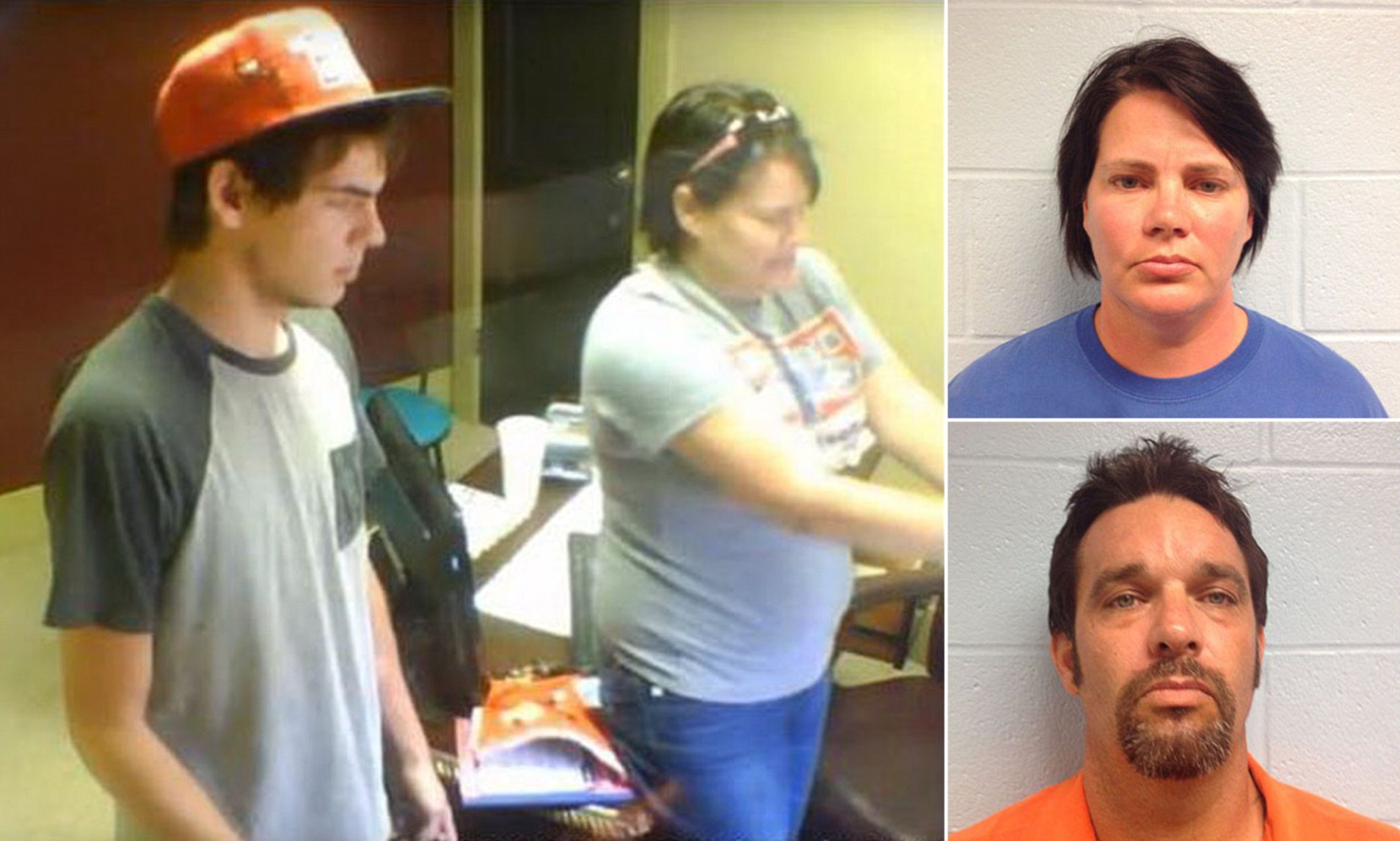
August 9th, 2017. Stillwater, Oklahoma. A man walks into a bail bonds office thinking he's there to talk about selling his car. Minutes later, he's climbing out a window, trying to escape. Then a gunshot. He falls to the pavement outside, dying from a bullet wound to his back. The person who pulled the trigger? His own bail bondsman. And she walked away a free woman.
The Shooting at Signature Bail Bonds
So let's talk about what happened in Stillwater, Oklahoma on a summer day in 2017, because this case is one of those stories that makes you wonder about the system we've built and who we trust with power.
Brandon James Williams was 38 years old. He'd gotten into some legal trouble in late July 2017. Police arrested him for three counts of second-degree burglary and possession of marijuana. The burglaries were at local restaurants in Stillwater. Freddie Paul's Restaurant, Curly's Old Fashioned Hamburgers, and Palomino's Mexican Restaurant. He needed to get out of jail while he waited for his court dates, so he turned to Chasity Dawn Carey's company, Signature Bail Bonds.
Carey posted a $35,000 bond for Brandon on July 31st. That's how the bail system works. You pay someone to guarantee you'll show up to court. Brandon owed Carey about $3,500. If you don't show up, the bondsman comes to get you. And in Oklahoma, bail bondsmen have some pretty serious authority to do that.
Chasity Carey was 41, a licensed bail bondsman operating out of downtown Stillwater, in the Town Center building on West Seventh Avenue. She had a 19-year-old son named Justin Henderson who sometimes helped her with the business.
On the night of August 8th, Carey got a text from Brandon. It said, "Gone to Florida." According to Brandon's ex-wife Ashley Melton, Brandon had told Carey he needed to go to Florida for his mother's funeral. His mother had passed away the week before. Carey apparently interpreted this differently. She thought Brandon was skipping town to avoid paying her and to avoid his court dates.
So she came up with a plan.
Brandon James Williams
The Trap
On the morning of August 9th, Carey called Brandon and told him to come to her office. She didn't tell him she was planning to revoke his bond and take him to jail. Instead, she told him her son Justin wanted to buy his Ford Mustang. Brandon had put the car up as collateral when he got the bond, so this seemed like a normal business conversation.
Before Brandon arrived, Justin Henderson set up a GoPro camera in the corner of the office. It was running when Brandon walked in around 11:45 in the morning.
The video shows what happened next, and it's been released to the public. You can watch it if you want, though I'm going to warn you it's hard to see.
Brandon walks in and sits down. For a few minutes, everything seems casual. They're talking about cars, joking around. Then Carey stands up and walks over to the door. She locks it. The mood shifts immediately.
She tells Brandon to put his hands behind his back. She tells him multiple times. Brandon starts to panic. "What do you mean?" he says. "What's going on here?"
Carey and her son move toward him with handcuffs. Brandon tells them not to touch him. He backs away from them, asking "Why are you doing this for?" You can hear the confusion and fear in his voice.
He moves out of frame, behind Carey's desk. There's a window there, a balcony window with curtains. You can see the curtain swing outward. Brandon is trying to climb out the window to escape.
Carey runs to her desk drawer. She grabs her gun. And she shoots.
One shot. You hear Brandon scream "You shot me!" Justin yells "Mom! You just shot him!"
Carey's response? "I did."
The Aftermath
Carey called 911 immediately. The call is chilling to listen to. "I just shot a man on top of the roof of the Town Center," she tells the dispatcher. She says she's a bondsman and that Williams was "coming after" her. She tells them to hurry.
When Stillwater police arrived, they found Brandon dead on the balcony outside the emergency exit. He'd been shot in the back. He was unarmed. He had no weapon on him at all.
Police Captain Kyle Gibbs said Carey cooperated with investigators that day. She told them she'd called Brandon to the office to revoke his bond and take him back to the Payne County Sheriff's Office. She said a fight broke out. She said Brandon tried to grab her gun during the struggle, and she shot him in self-defense.
Police looked at the video footage. They talked to Justin Henderson, who was the only witness. And they came to a conclusion. According to Captain Gibbs, "Witness statements as well as evidence found at the scene, including video evidence, contradict Carey's version of the event."
That same evening, around 6:30 PM, police arrested Carey at her home in Drumright. She was charged with first-degree murder.
The Trial
The case went to trial in March 2018. The Payne County District Attorney's office charged Carey with first-degree murder, which requires proof of deliberate intent and premeditation. If convicted, she faced life in prison.
The trial lasted four days. On Thursday, the jury watched the GoPro video. They saw everything I just described. They saw Brandon walk in unsuspecting. They saw him try to escape. They saw Carey shoot him in the back.
On Friday, they heard closing arguments and began deliberating.
The defense strategy was focused entirely on fear and self-defense. Carey testified that Brandon tried to grab her gun. She said she "beat him to it," meaning she got control of the weapon first. The critical piece of her defense was her claim that she was afraid Brandon was going to shoot her son Justin.
That fear, she argued, justified the shooting. Even though Brandon was shot in the back. Even though he was trying to escape through a window. Even though he was unarmed. Because in her mind, in that moment, he was still a deadly threat.
The jury came back with a verdict pretty quickly. Not guilty.
Chasity Carey walked out of that courtroom a free woman. According to her defense attorney, some jurors later said if she'd been charged with manslaughter instead of first-degree murder, they would have convicted her. The problem was the prosecution's burden of proof on the murder charge. They had to prove deliberate intent and premeditation, and the jury apparently didn't believe that standard had been met.
The District Attorney, Laura Austin Thomas, released a statement after the verdict. She said she stood by her decision to file first-degree murder charges based on the evidence. She talked about respecting the jury system and the burden every participant carries in a criminal trial. She was careful not to criticize the verdict.
The Family Left Behind
Brandon's ex-wife Ashley Melton spoke out after the trial. She told reporters she'd never been contacted by the district attorney's office. According to prosecutor Kevin Etherington, they weren't aware Brandon had an ex-wife or a young son until after the trial was over.
Brandon had a two-year-old son named James Williams. Named after his father. That little boy will never know his dad.
Ashley watched the video of the shooting after it was released. Her reaction was simple. "Honestly, it seems very malicious."
She had a message for Chasity Carey. "I hope your decision will forever haunt you. You've had one judgment day, but you'll have another. You had no right taking someone's life. No right."
The family's attorney, Noble McIntyre, put it bluntly. "The video is obviously shocking. To anybody who's seen this video, they're going to be asking themselves how in the world did the jury come to the conclusion that they came to."
The family planned to file a civil lawsuit against Carey. McIntyre said, "There's a little two-year-old who doesn't have a father anymore and he's never going to have a father. It doesn't matter if there's money or not, it's not bringing him back, but they do want justice for him."
And Chasity Carey? Through her attorney, she said she intended to go back to work as a bail bondsman by the end of the week after her acquittal. She claimed she'd lost everything while she was incarcerated awaiting trial.
What This Case Really Means
Here's what keeps me up at night about this case. Under Oklahoma law, bail bondsmen are required to get training on the proper use of force. There are specific statutes, Oklahoma Statute 59 § 1350.5, that say bail enforcers can't use force that's unnecessary, excessive, or unreasonable.
Chasity Carey had that training. She knew those rules. And yet she lured Brandon Williams to her office under false pretenses. She locked the door so he couldn't leave. When he tried to escape out a window, she shot him in the back. And a jury said that was okay because she claimed she was scared.
Think about what that means. Professional standards about using force become essentially meaningless when someone can successfully claim fear. Subjective feelings override objective evidence about whether someone was actually dangerous.
The video shows what happened. Brandon was unarmed. He was trying to flee. He asked multiple times what was happening, why she was doing this. He didn't attack anyone. He didn't threaten anyone. He tried to get away. And she killed him for it.
We regulate bail bondsmen because we recognize they have power that could be abused. They can track people down. They can enter homes. They can detain people. We require training because that power comes with responsibility. This case raises serious questions about whether any of that matters when fear becomes the ultimate legal defense.
Compare this to police shootings. When officers shoot fleeing suspects, especially when they shoot them in the back, those cases often result in charges, trials, national scrutiny. There are investigations into whether the threat was real and immediate. There are questions about training and protocols and whether the use of force was justified.
Chasity Carey was a private citizen with a bail enforcement license. She had financial incentives tied to keeping Brandon in the system. She owed him nothing in terms of due process or constitutional protections. And she walked away from killing him completely cleared.
The Human Cost
Brandon Williams is dead. He had legal troubles. He was facing burglary charges and a drug possession charge. Those are serious crimes. The penalty for those crimes is jail time, fines, probation, a criminal record. The penalty is not death.
His family lost him over a revoked bond. He walked into an office thinking he was there for a business meeting about selling his car. He never walked out.
There's something deeply troubling about a system where private citizens with guns and badges, even private ones, can use deadly force and claim fear makes it okay. Bail bondsmen make money off the system. They have financial incentives to bring people back in. We've given them legal authority with very few checks on their power.
The verdict in Stillwater said Chasity Carey acted in self-defense. The law said she was justified. The question that stays with me is whether Brandon Williams ever had a fair chance. Whether locking a door and shooting someone in the back while they're trying to escape really fits any reasonable definition of self-defense. Whether the system that gave a bail bondsman the authority to do this was ever designed to protect people like Brandon at all.
Sometimes cases are about what we're willing to accept as a society. What we're willing to call justified. What level of fear we think makes it okay to take a life. Stillwater, Oklahoma made their decision. A jury of twelve people watched that video and said what happened was legal.
Brandon's two-year-old son will grow up without his father. And the person who killed him went back to work.
See the video of the shooting here.
